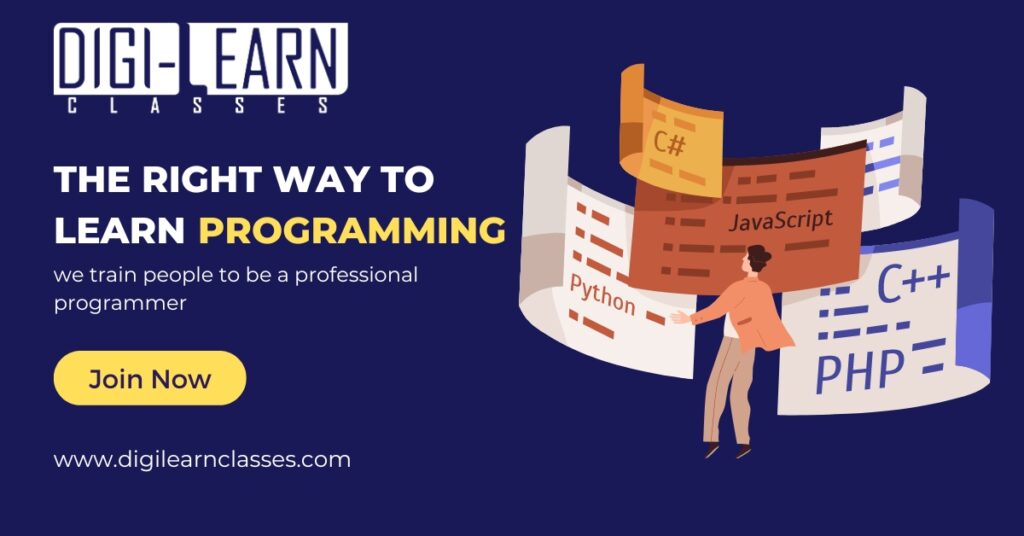
How to learn programming languages
Learning programming languages involves a combination of theoretical knowledge, hands-on practice, and continuous learning. Here’s a step-by-step guide on how to learn programming languages effectively:
Define Your Goals
Determine why you want to learn a particular programming language and what you aim to achieve with it. Understanding your goals will help you stay motivated and focused throughout the learning process.
Choose a Programming Language
Select a programming language based on your goals, interests, and industry demand. Popular options include Python, Java, JavaScript, C, C++, HTML, CSS, and many more. Consider factors such as ease of learning, community support, and availability of learning resources.
Get Familiar with Basics
Start by understanding the fundamental concepts of programming, such as variables, data types, control structures (loops, conditionals), functions, and object-oriented programming (if applicable). Online tutorials, video courses, and textbooks can provide a solid foundation.
Choose Learning Resources
There are various learning resources like online tutorials, video courses, coding bootcamps, and textbooks. Multiple Websites like Digilearn Classes and online platforms like W3Schools offer comprehensive programming courses and interactive coding exercises.
Practice Regularly
Programming is best learned through practice. Write code regularly to reinforce your understanding of concepts. Start with small projects or coding challenges to apply what you’ve learned and gradually tackle more complex tasks. Start with the Basics of C Programming and then take the understanding of Python Programming.
Work on Real-World Projects
Apply your skills to real-world projects to gain practical experience. Build simple applications, websites, or games to strengthen your problem-solving abilities and become familiar with industry-standard practices.
Join Online Communities
Engage with programming communities and forums to connect with other learners and professionals. Participate in discussions, seek help, and learn from experienced developers. Websites like Stack Overflow, GitHub, and Reddit have active programming communities.
Read documentation and Source Code
Read the official documentation of the programming language to understand its features, libraries, and best practices. Additionally, explore open-source projects in your chosen language to learn from well-structured and established code bases.
Collaborate on Projects
Collaborate with others on coding projects to improve your teamwork and problem-solving skills. Join coding meetups, hackathons, or contribute to open-source projects to gain exposure and learn from experienced developers.
Stay Updated and Learn Continuously
Programming languages and frameworks evolve over time, so it’s crucial to stay updated with the latest developments. Follow relevant blogs, subscribe to newsletters, and explore online resources to keep learning new concepts and techniques.
Build a Portfolio
Create a portfolio showcasing your projects and code samples. It can serve as evidence of your skills to potential employers or clients.
Practice Problem-Solving
Solve coding challenges and algorithmic problems on platforms like LeetCode or HackerRank. These exercises enhance your problem-solving abilities and help you become comfortable with common programming tasks.
Remember that learning programming languages are an ongoing process. Be patient, persistent, and embrace the iterative nature of programming. With regular practice and continuous learning, you can become proficient in programming languages like C Programming, Java language, Python Programming, and other computer language and apply them to various projects and career opportunities.

Career In Programming Language
A career in programming language can offer numerous opportunities and a promising future. Here are some key aspects and potential career paths within this field:
DeSoftware Developer/Engineer
Software developers/engineers design, develop, and maintain software applications using programming languages. They analyze user requirements, write code, test and debug software, and collaborate with other team members. Specializations include front-end development (HTML, CSS, JavaScript), back-end development (Java, Python, Ruby), mobile app development (Swift, Kotlin), and more.
Web Developer
Web developers specialize in building websites and web applications. They work with languages like HTML, CSS, and JavaScript to create user-friendly and visually appealing websites. Web developers may also be proficient in frameworks like React, Angular, or Vue.js.
Data Scientist
Data scientists use programming languages like Python or R to analyze and interpret large datasets, extract insights, and build predictive models. They work on machine learning algorithms, statistical analysis, data visualization, and data mining techniques.
Data Engineer
Data engineers develop and maintain data infrastructure and systems. They work with programming languages like Python, Java, or Scala to design, build, and optimize data pipelines, databases, and data warehouses.
Cybersecurity Specialist
Cybersecurity specialists use programming languages to secure computer systems, networks, and applications. They develop and implement security measures, conduct vulnerability assessments, and respond to security incidents. Knowledge of languages like Python, C++, or Java can be valuable in this field.
Game Developer
Game developers create video games using programming languages such as C++, C#, or Java. They design game mechanics, develop game engines, and implement graphics, audio, and user interfaces.
AI/Machine Learning Engineer
AI and machine learning engineers develop intelligent systems and algorithms. They use programming languages like Python, R, or Java to build and train machine learning models, work with neural networks, and implement natural language processing (NLP) techniques.
DevOps Engineer
DevOps engineers focus on automating and streamlining the software development and deployment processes. They use programming languages like Python, Bash, or PowerShell to develop scripts and tools for continuous integration, continuous delivery, and infrastructure management.
Full-stack Developer
Full-stack developers are proficient in both front-end and back-end development. They work with a combination of programming languages, frameworks, and technologies to develop complete web applications.
Freelancer/Entrepreneur
Many programmers choose to work as freelancers or start their own businesses, offering their programming skills and expertise to clients or developing their own software products.
It’s important to note that programming languages are just tools, and it’s essential to develop a strong foundation in computer science and software development concepts alongside language proficiency. Continuous learning, staying updated with emerging technologies, and gaining practical experience through internships or personal projects can significantly enhance career prospects in programming language-related fields.

Need For Programming Language
Programming languages are essential tools for developing software and instructing computers to perform specific tasks. Here are some reasons why programming languages are necessary:
Software Development
Programming languages are used to create software applications, websites, mobile apps, and other digital tools. They provide the means to write instructions and algorithms that computers can execute.
Automation and Efficiency
Programming languages allow businesses and individuals to automate repetitive tasks and streamline processes. By writing programs, you can save time and increase efficiency in various domains, such as data processing, data analysis, and system administration.
Problem-Solving
Programming languages enable you to solve complex problems by breaking them down into smaller, manageable tasks. You can develop algorithms and implement solutions using programming concepts like loops, conditionals, and data structures.
Customization
Programming languages provide the flexibility to tailor software according to specific needs. You can customize existing applications or create new ones from scratch to meet unique requirements, making programming languages invaluable for software development.
Career Opportunities
Proficiency in programming languages opens up a wide range of career opportunities in the technology sector. Software development, web development, data science, artificial intelligence, cybersecurity, and many other fields require programming skills.
Innovation and Research
Programming languages are crucial for driving innovation and conducting research. They enable scientists, engineers, and researchers to develop models, simulate experiments, and analyze data, contributing to advancements in various domains.
Communication with Computers
Programming languages serve as a bridge between humans and computers, allowing us to communicate our intentions and ideas effectively. They provide a structured way to express instructions, logic, and data manipulations that computers can understand and execute.
Portability
Programming languages can be used across different platforms and operating systems. They provide a level of abstraction that allows developers to write code that can run on various devices, making software more accessible and compatible.
Collaboration
Programming languages provide a common ground for collaboration among developers. They establish a shared vocabulary and syntax that programmers can use to work together, exchange code, and contribute to open-source projects.
Continuous Learning
Programming languages offer a constant learning experience. As new programming languages emerge and existing ones evolve, programmers have the opportunity to expand their knowledge and stay updated with the latest trends and advancements.
Overall, programming languages are indispensable tools for creating software, automating tasks, solving problems, and driving technological progress. They empower individuals and businesses to leverage the power of computers and build innovative solutions.



